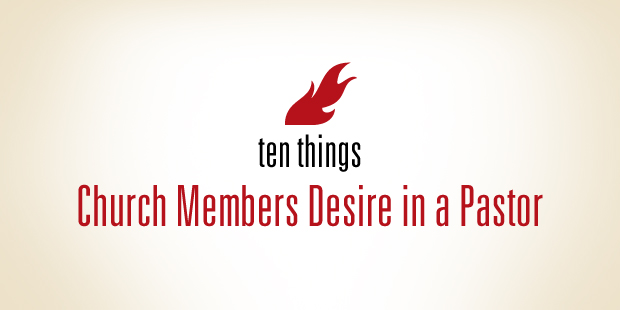
What Does “Healthy” Mean in Your Church Leadership?
I was talking with a young hurting pastor recently. He resigned after several years of trying to turn around a dying church into a healthy church. The church brought him in with definite goals. He felt he had a mandate. The church began to grow. Things were exciting…or so it seemed. But, with every change there was growing resistance. Eventually, only a few people with power still supported him. when they refused to back him with changes they had agreed were needed. He was continually reminded this was not “his church”. He felt it was best that he leave rather than divide the church. (This church has a long history of short-termed pastorates.)
In the course of the conversation he asked some sobering, and honest questions.
He asked, “Is there really such a thing as a healthy church? Are there any healthy church staffs? And, what does healthy mean, anyway?”
Great questions. I understand. Sadly, I hear from pastors continually asking the same questions. There are many unhealthy environments in churches.
But, yes! There is such a thing as a healthy church. There are some healthy church staffs.
I don’t know if I know completely what “healthy” means, but I’ve given the issue some thought.
The reality is that the church is the Body of Christ. In the purest form, the church is always “healthy”, because it represents Christ. We are promised that nothing will ever destroy what Christ has established. But, local churches are made of people. And, some of those people, even well-meaning as they may be sometimes, work together to form unhealthy environments. Some work together…for the common good of honoring Christ…and form healthy environments.
So, with that in mind…
A healthy church culture…
- Doesn’t mean there aren’t bad days
- Doesn’t mean you won’t have tension or stress.
- Doesn’t mean everyone always agrees.
- Doesn’t mean there aren’t relationship struggles.
- Doesn’t mean you have all the answers.
- Doesn’t mean the pastor is always right.
- Doesn’t mean problems or issues are ignored.
A healthy church culture…
- Does mean you can disagree and still be friends.
- Does mean tension is used to build teamwork..when one is weak another is strong.
- Does mean meetings are productive and purposeful…not ritualistic or boring, and certainly not hurtful.
- Does mean rules add healthy boundaries, rather than stifling creativity or controlling actions.
- Does mean you work as a team to find solutions.
- Does mean the pastor (and his family) is never attacked publicly or continually stabbed in the back.
- Does mean the rumor mill is never allowed to form the dominant opinion.
I’m praying for my new pastor friend that he finds a healthy church, in which to serve out his calling. They do exist.
Questions for your consideration:
- Have you been in an unhealthy church or organizational environment?
- Have you been in a healthy one?
- What do you think it means to have a healthy environment?

Tags: Leadership Engine, Ron Edmondson, Staff, Staff Leadership Roles



























